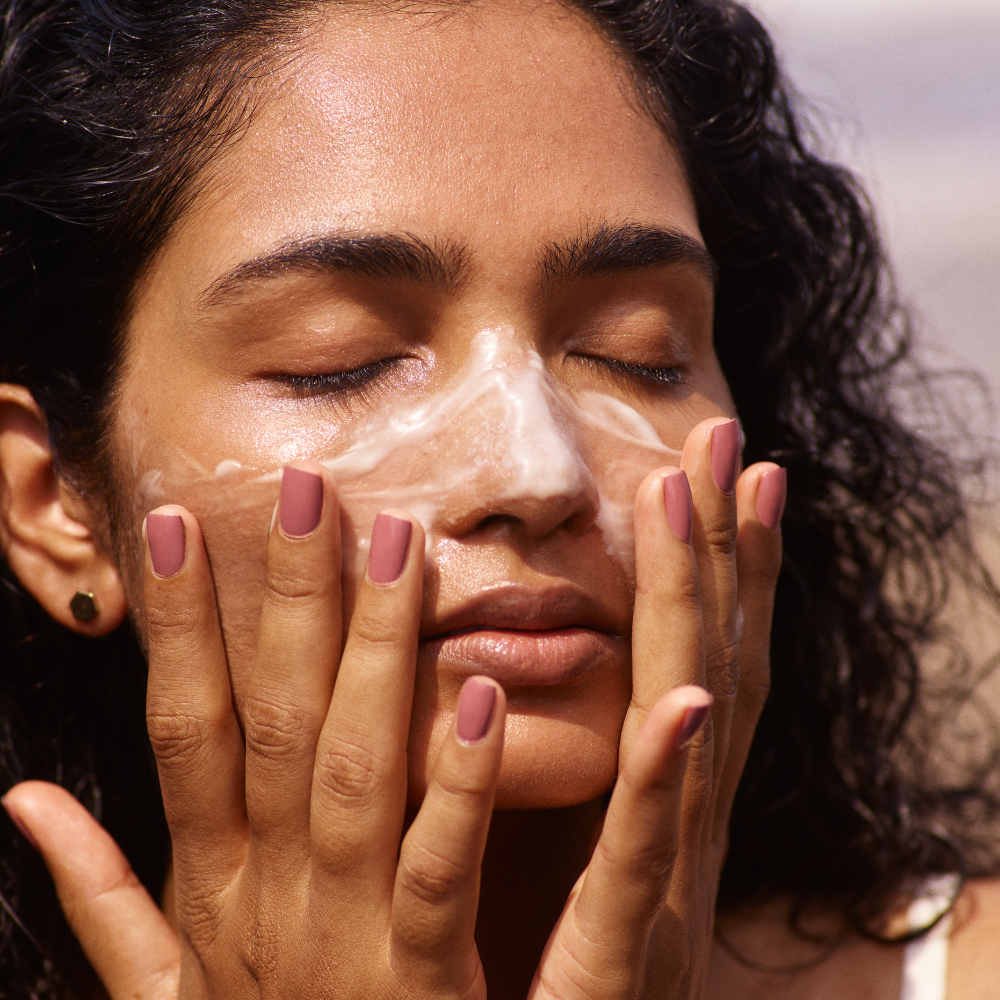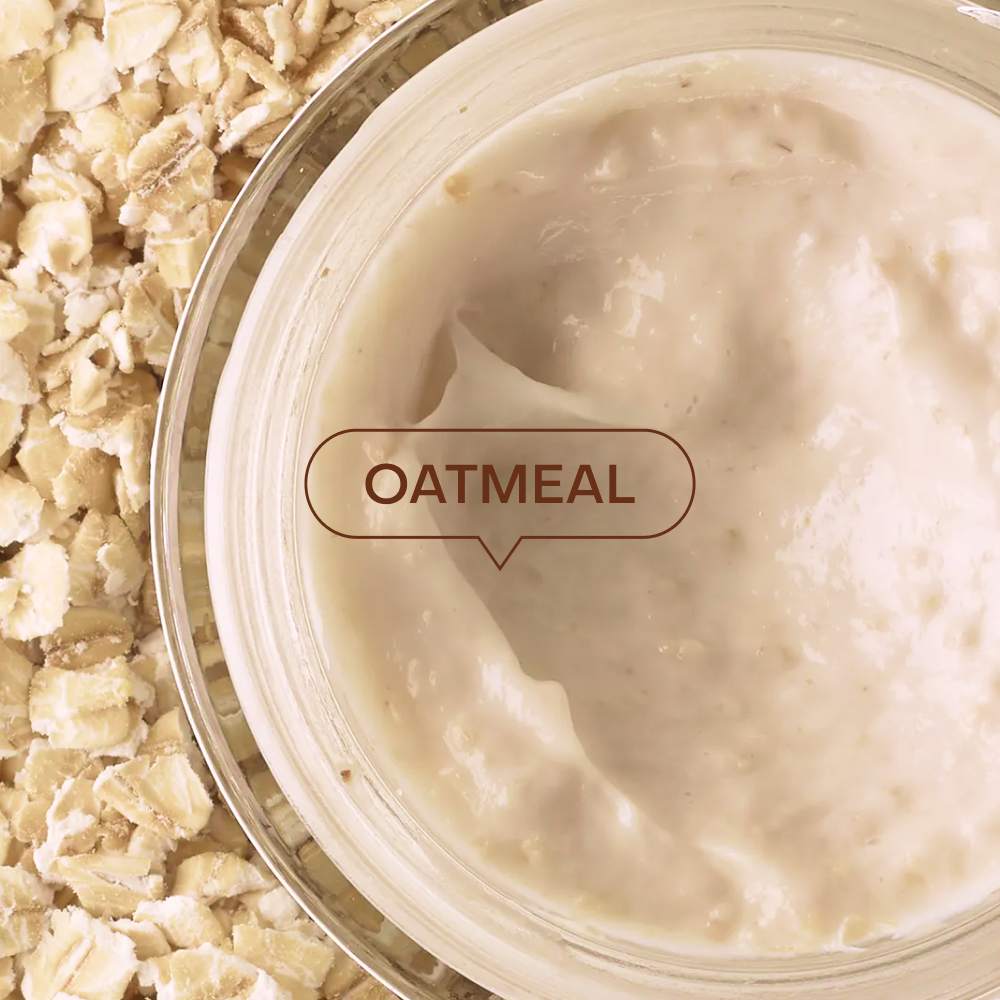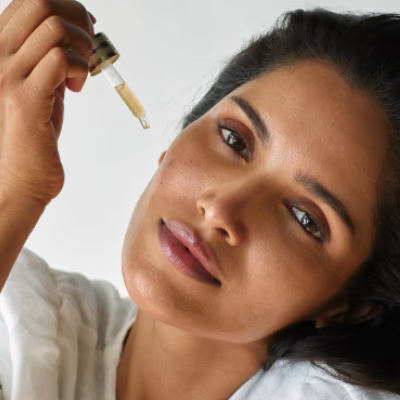
If you think it's become impossible to escape ashwagandha lately, you're right. Popping up in creams and supplements at drugstores in cities across the world as well as being raved about in influencer videos back home – ashwagandha’s rise to fame has been mercurial. Dermatologists and doctors across the world are peddling it as the herbal cure-all. However, the hottest herb of 2023 has been sizzling in Ayurvedic discourse for more than 3000 years.
What is ashwagandha?
Ashwagandha is a type of adaptogen, known to alleviate stress and help your body improve its overall wellbeing. A main character in Ayurvedic texts for millennia, this non-toxic plant is usually available in powdered form to be consumed in teas or supplements.
There are numerous clinical trials and data that have proved ashwagandha's efficacy in skin hydration, hair growth, collagen texture, feel of the skin, energising of the skin cells, etc., explains dermatologist Dr Chytra Anand. "Adaptogens are hormone mimickers. And these work well for peri-menopausal symptoms, polycystic ovaries with insulin resistance, and anywhere there's a testosterone activity like excessive oiliness of the skin, thinning of the hair, extra hair growth, irritability, etc. Ashwagandha helps in all of this. When you take ashwagandha, it keeps the energy of the cell going at that rate," she adds.

Ashwagandha as an oral supplement
As with every other super ingredient, one must understand when and how to use ashwagandha to truly unlock its potential. As an ingestible, ashwagandha benefits your body in many ways – it gives you resilient and supple skin, helps manage stress, and maintains hormonal balance. "Ashwagandha is a rejuvenating herb that we call rasayana," says Ayurvedic doctor, Dr Sandhya Lakshmi. “A rasayana is something which has to be given on a clean gut. You can only prescribe ashwagandha in certain cases, not all," she cautions.
Topical uses of ashwagandha
What about an ashwagandha-infused cream as a part of your skincare and body care routine? "Anything that is applied on the skin needs to penetrate deep down to make an active change," explains Dr Anand. “And your skin cells need to recognise it as a need. Ashwagandha is not naturally present in our bodies. And when you put something like that on the skin, it's not necessarily absorbing anything because there is nothing resembling it in the cells. It's only a surface action."
As Dr Anand explains it, even if many ashwagandha uses are yet to be proven by Western empirical trials, its immediate effect on skin cannot be denied, even if it's not long-lasting. "It gives you short-term benefits; your skin might feel more hydrated."
Dr Lakshmi's take on ashwagandha as a moisturiser is similar, but she doesn't dismiss it entirely. “It's a varnya herb, something that increases the natural radiance of your skin,” she says. She suggests combining it with other powerful ingredients to allow ashwagandha to shine. "It's not popular in Ayurveda to use a single herb for application, but maybe as a combination with other herbs like liquorice or sandal. Ashwagandha on the skin is a little bit heating, and it increases blood circulation. However, in combination, it is anti-ageing. With another ingredient added, it can work as a moisturiser."







.PNG)
.PNG)
.PNG)
.PNG)

















